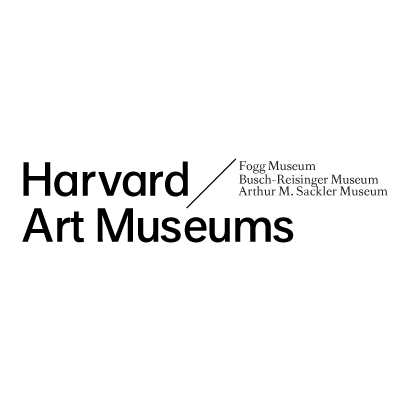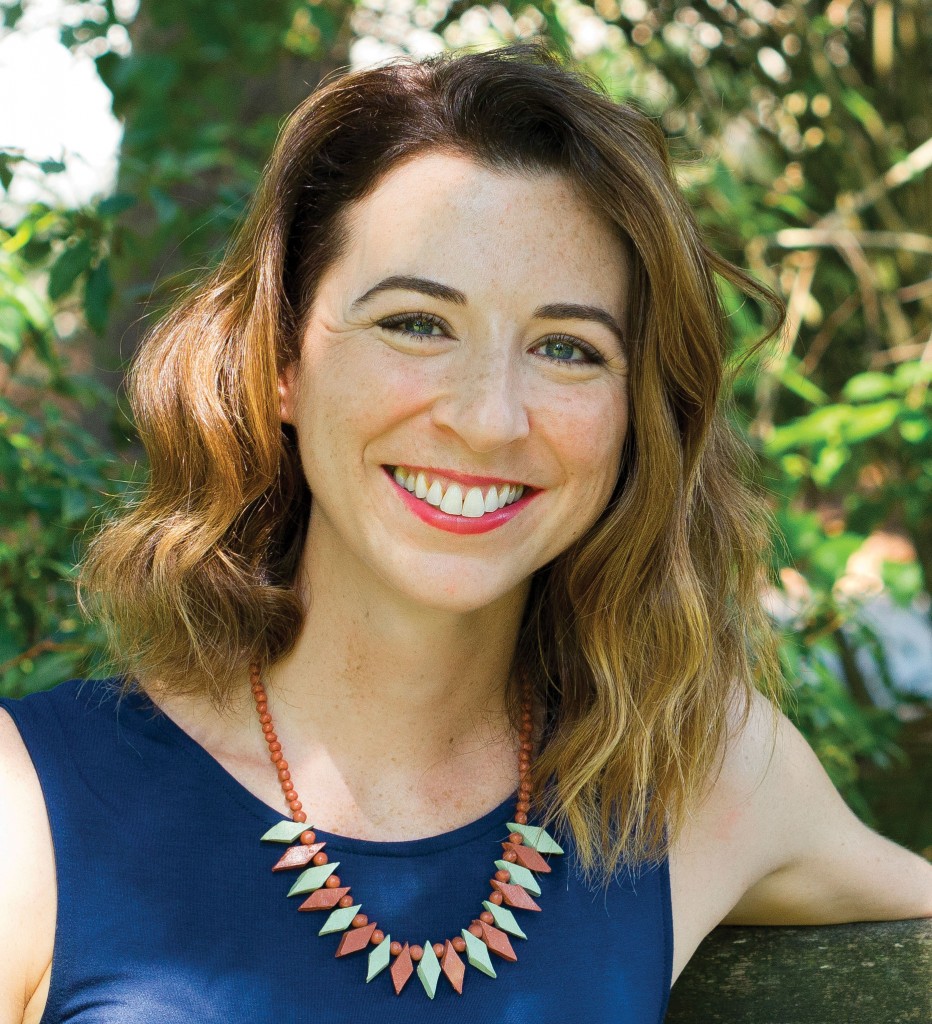
The Communication Institute of Greece (COMinG) presents its 4th Annual International Conference on Communication and Management (ICCM2018), 23-26 April 2018, in Athens, Greece
The aim of this cross-disciplinary conference is to bring together academics, students, researchers and professionals from different disciplines and cultural backgrounds, so as to encourage them present their work, communicate, exchange and collaborate. Academics and professionals can participate by presenting a paper, chairing a session, organising a panel, or even just by being an observer.
A Panel on EDUCATION! will be part of ICCM2018 this year with Dr Jacqueline Stefkovich , Professor Emeritus, The Pennsylvania State University, (Head of the Panel) and Ailson J. De Moraes (responsible for the teaching education part of the panel). To register, use ICCM2018_AT_EDU following the procedure outlined below.
Abstract Submission
Submit an abstract (no more than 300 words) using the ICCM2018_AT by email at registration@coming.gr by September 20 th 2017 or/and can attach it at abstract submission form
Deadline to register and to submit full papers will be specified at your acceptance letter. Decisions will be made within two (2) weeks after your submission. If you do not receive an acknowledgement of your registration or you meet any kind of problem, please contact info@coming.gr
If you would like to participate without presenting a paper – organise a panel (session, mini conference), chair a session, review papers to be included in the conference proceedings or books, contribute to the editing of a book, or any other contribution – please email Dr. Margarita Kefalaki, President of Communication Institute of Greece (mke@coming.gr ).
Publication Policy
All accepted papers will be published in the conference proceedings online with ISBN. Selected papers will be published at the Journal of Media Critiques [JMC] and/or the Cambridge Scholars and/or the Journal of Management and Training for Industries.
Conference Topics
Topics are broadly defined as, but not limited to: areas of Communication, Management, and Marketing. Related disciplines will be considered, including papers on Education for the panel.
Visit the Call for Participation for complete information on the conference



 Technology is an integral part of museums in the 21st century. As such, the
Technology is an integral part of museums in the 21st century. As such, the 
 The
The 
 NMCC Founding Director
NMCC Founding Director 




